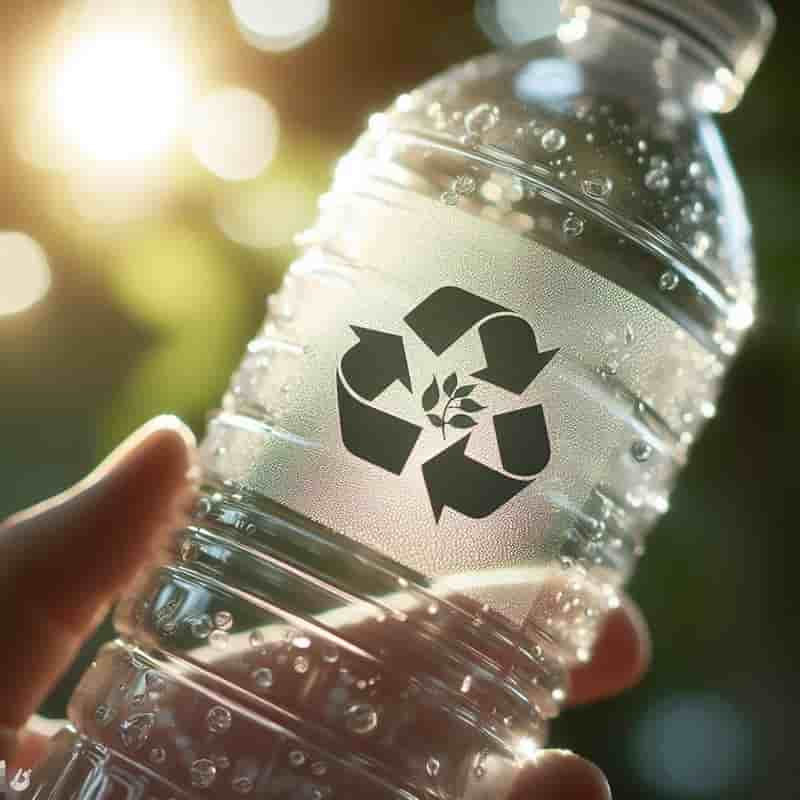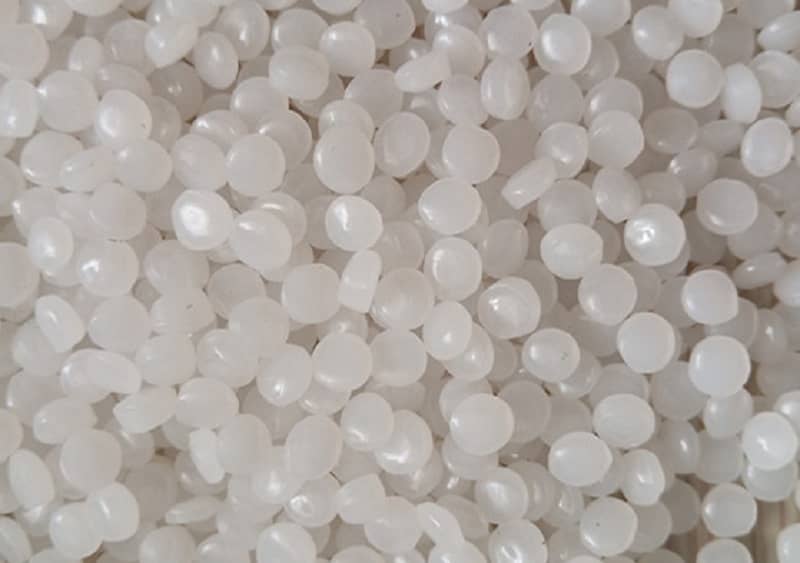In a world increasingly driven by sustainability, the journey doesn’t end at the finish line—it extends far beyond. Tyres, essential components of our modern transportation systems, pose a significant environmental challenge once their tread is worn out. Discarded tyres occupy valuable landfill space, leach harmful chemicals into the soil, and serve as breeding grounds for mosquitoes. The traditional method of burning tyres releases toxic fumes and contributes to air pollution. However, within the framework of a circular economy, tyre waste management can be revolutionised in a myriad of different ways that would be beneficial to the environment and the economy. PET Bottle
A circular economy seeks to eliminate waste and pollution by keeping products and materials in use for as long as possible. In the context of tyres, this approach involves innovative methods to reuse, recycle, or remanufacture them into new products after they reach the end of their useful life. This not only reduces environmental impact but also creates new economic opportunities by transforming waste into valuable resources.
The Global Challenge and Regulatory Landscape
According to a 2021 report by the Central Pollution Control Board (CPCB), India generates around 1.3 million tonnes of used tyres annually, while over 1 billion tonnes of used tyres end up in the waste fills globally. PET Bottle
This figure is expected to rise significantly due to the growing global vehicle population, making used tyre management a pressing international concern. The Indian government has taken steps to regulate this issue through the Environment (Protection) Amendment Rules, 2016, which mandate the establishment of a collection and channelisation system for used tyres. These rules also set standards for processors and retreaders, ensuring that used tyres are managed in an environmentally sound manner.
Circular Economy Solutions
The circular economy offers a promising solution to the challenge of used tyre disposal. By reusing, recycling, or remanufacturing tyres, the industry can reduce its environmental impact and conserve valuable resources. PET Bottle
Major tyre manufacturers globally are investing in research and development to improve tyre reusability, recyclability, and the use of sustainable materials. Retreading and regrooving can significantly extend the usable life of tyres, reducing the overall demand for new tyres and associated waste generation. Retreading involves replacing the worn tread on a used tyre, making it almost as good as new. This process saves raw materials and energy compared to producing new tyres. PET Bottle
A significant way to lessen the environmental impact of used tires is through recycling. The materials recovered from recycling can be used in many areas, such as creating rubber pavers, athletic tracks, floor mats, and in construction projects, as well as in the production of new tires. Two primary recycling methods facilitate both material and energy recovery, and they are:
Devulcanization:
The devulcanisation process is a recycling method that reverses the cross-linking reactions of vulcanised rubber, occurring during the tire manufacturing stage, allowing the rubber to be reprocessed and reused. PET Bottle
Used rubber products are cleaned and transformed into a fine powder known as crumb rubber through shredding and grinding. This crumb rubber can be incorporated into new tires at certain percentages or further devulcanised using various thermo-mechanical or chemical processes to obtain reclaim rubber. This reclaim rubber can replace virgin rubber in the production of new tires and other rubber-based products.
Devulcanisation offers several advantages, such as minimising waste and promoting the sustainable use of natural resources. Additionally, it makes the production of reprocessed tires more cost-effective by utilizing reclaimed rubber, which is significantly less expensive than virgin rubber. PET Bottle
Pyrolysis:
Another increasingly popular method is the pyrolysis of rubber products, which involves heating rubber in a closed reactor to break it down and recover valuable by-products for material and energy recovery. This eco-friendly process uses shredded waste rubber as feedstock, yielding carbon char, steel, pyrolysis oil, and syngas. Carbon char can be used as an alternative to cement kiln fuel, as a reinforcing filler, or upcycled into recovered carbon black for tires. Pyrolysis oil can replace diesel and fuel oil, support chemical production, and be utilized by refineries to enhance recycled material input. Syngas is employed for energy production and chemical synthesis, while recovered steel is either repurposed in steel production or sold as scrap. PET Bottle

PET Bottle







